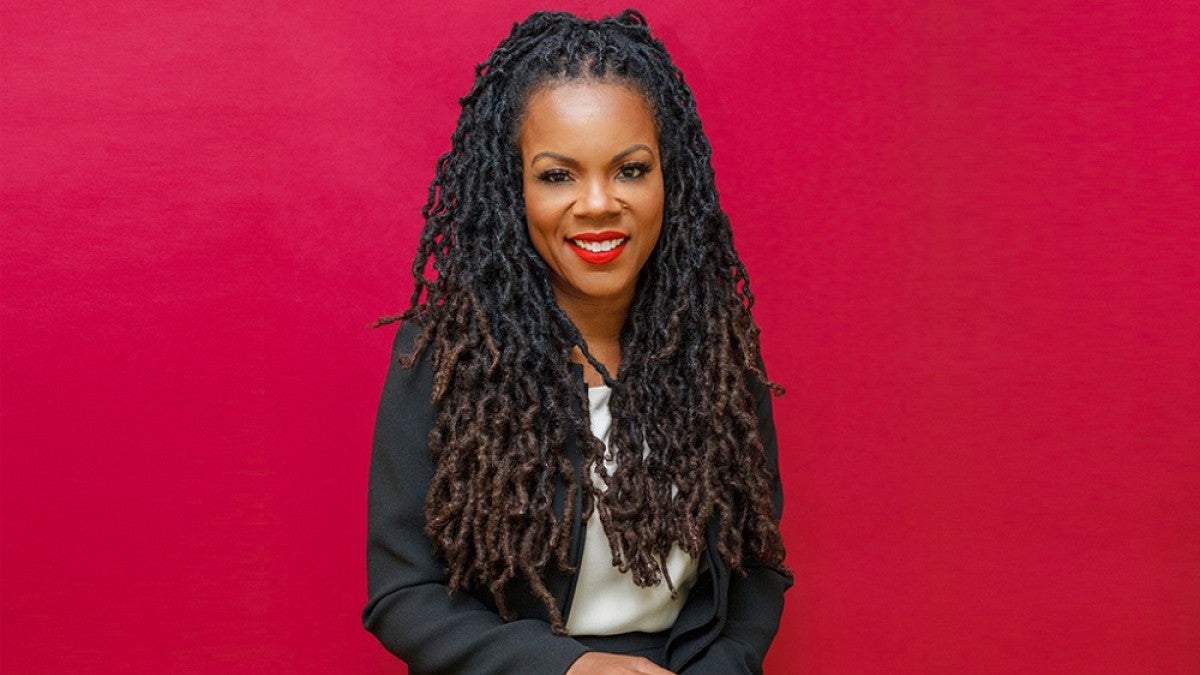The Wayne Morse Center will kick off its 2021-23 theme of inquiry, “Making Work Work,” with an event featuring C. Nicole Mason, president and chief executive officer of the Institute for Women’s Policy Research.
The lecture, “Building the Future: Policies for a Gender-Equitable Recovery,” will take place at 5 p.m. Oct. 19 in Room 156, Straub Hall. The event is free and open to the public. A livestream of the event will also be available; register to get the link and to be notified of any event changes.
Mason has spent the last 20 years at the forefront of research related to economic security, poverty, women’s issues and entitlement reforms; policy formation and political participation among women and communities of color; and racial equity. At the beginning of the pandemic, Mason coined the term “she-cession,” which has become a catchphrase to describe the disproportionate levels of unemployment and income losses among women.
Mason is the author of “Born Bright: A Young Girl’s Journey from Nothing to Something in America” and has written hundreds of articles on women, poverty and economic security. In 2021, she was named by Fortune magazine as one of the world’s 50 greatest leaders.
Ellen Herman, co-director of the Wayne Morse Center, said Mason is the ideal inaugural speaker for the “Making Work Work” theme due to her advocacy for paid leave, pay equity and a better caregiving structure.
“Her talk could hardly be more timely or urgent,” Herman said. “From our own university’s return to in-person activities to state and national debates about creating safer and more equitable workplaces to the forces shaping the direction of the global economy in a post-pandemic era, it is essential that we act decisively to make work work. The center’s program over the next two years will feature some of the most important leaders and thinkers on subjects ranging from care work to gig work. Our goal is to inspire policy change that will improve work and empower workers, especially the most vulnerable.”
This event is also the annual lecture for the Wayne Morse Center's Margaret Hallock Program for Women's Rights. It is part of the University of Oregon's African American Workshop and Lecture Series, which is sponsored by the Office of the President and coordinated by the Division of Equity and Inclusion. It is co-sponsored by the Center for the Study of Women in Society.
—By Abbie Stillie, Morse Center for Law and Politics


